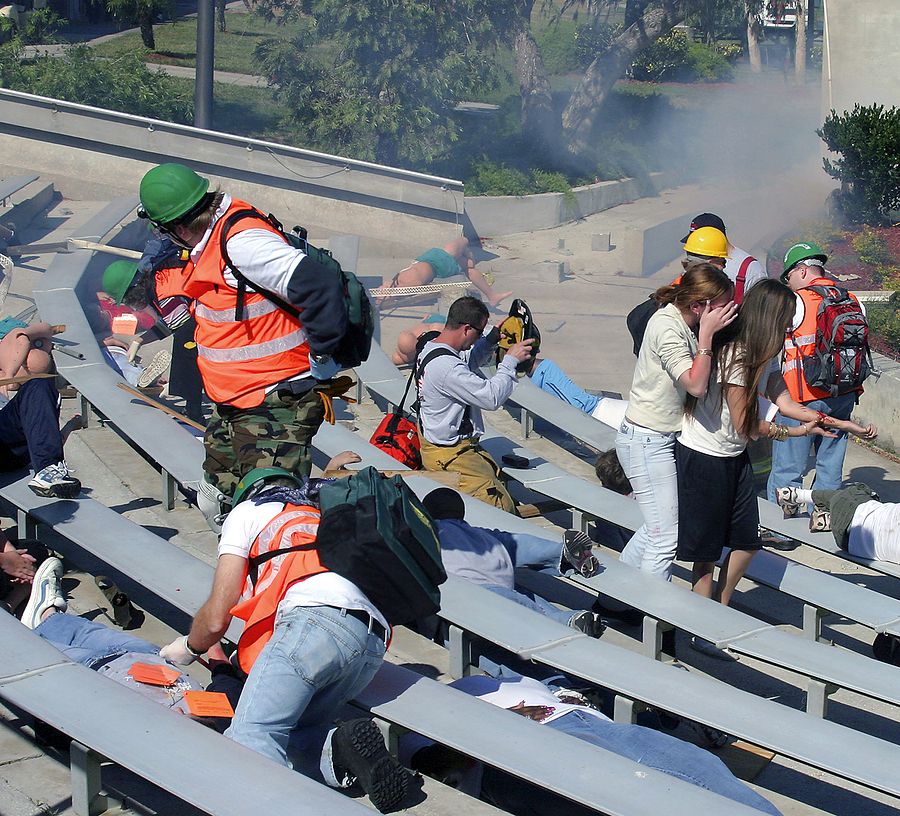Help needed for the mentally ill in disaster zones
By Catherine Walker
Surely no-one could have missed the scenes as the Tsunami hit the shores of Japan recently. The impact it had on the country goes far beyond that of personal loss, rebuilding and the economy. I know that, as I watched in horror, I feared for the mental health of the survivors.
 Quite rightly the first thing that needed to be done was to find shelter for the people who lost their homes, to feed them and keep them warm. The process of finding the injured and the dead must also be a top priority. Then thoughts turn to rebuilding.
Quite rightly the first thing that needed to be done was to find shelter for the people who lost their homes, to feed them and keep them warm. The process of finding the injured and the dead must also be a top priority. Then thoughts turn to rebuilding.
When other nations of the world rushed to help did anyone give a thought for those who had mental health disorders, either pre-existing, but also of course for those suffering shock, trauma and PTSD? What happened to them in the short term and then, of course, the long term?
This problem can be multiplied many times over as all over the world natural disaster hits indiscriminately. Tornadoes, volcanoes, hurricanes, earthquakes – the list goes on.
With limited resources, there is of course, only so much that can be done to help but should a plan to help the mentally ill be in place when aid workers assist in the plight of those hit by natural disaster?
Johns Hopkins University researchers say that more attention should be devoted to triaging and managing those identified as having mental disorders.
In a commentary appearing in the June issue of the journal Biosecurity and Bioterrorism, Peter Rabins, M.D., M.P.H., said, ‘Disasters limit the availability of resources and these groups are especially vulnerable because they cannot advocate for themselves.’
‘But little attention has been given to the ethical challenges that arise when resources are limited, to the importance of identifying these ethical issues ahead of time, and for establishing mechanisms to address these moral dilemmas.’
Disaster-response planning has generally overlooked the special needs of people who suffer from pre-existing and serious mental conditions said the researchers. Disaster survivors can include those diagnosed with conditions such as schizophrenia, dementia, addictions and bipolar disorder.
In an ideal world the resources would be there to help with every aspect of the care of those affected by these natural disasters but, of course, resources are limited.
If, however, teams of doctors can be sent in to help with the physical injuries could we not make provision for mental health workers to accompany them?
Related articles
We hope you have found this article useful, you may also wan't to see:
PTSD after a traumatic Childbirth





